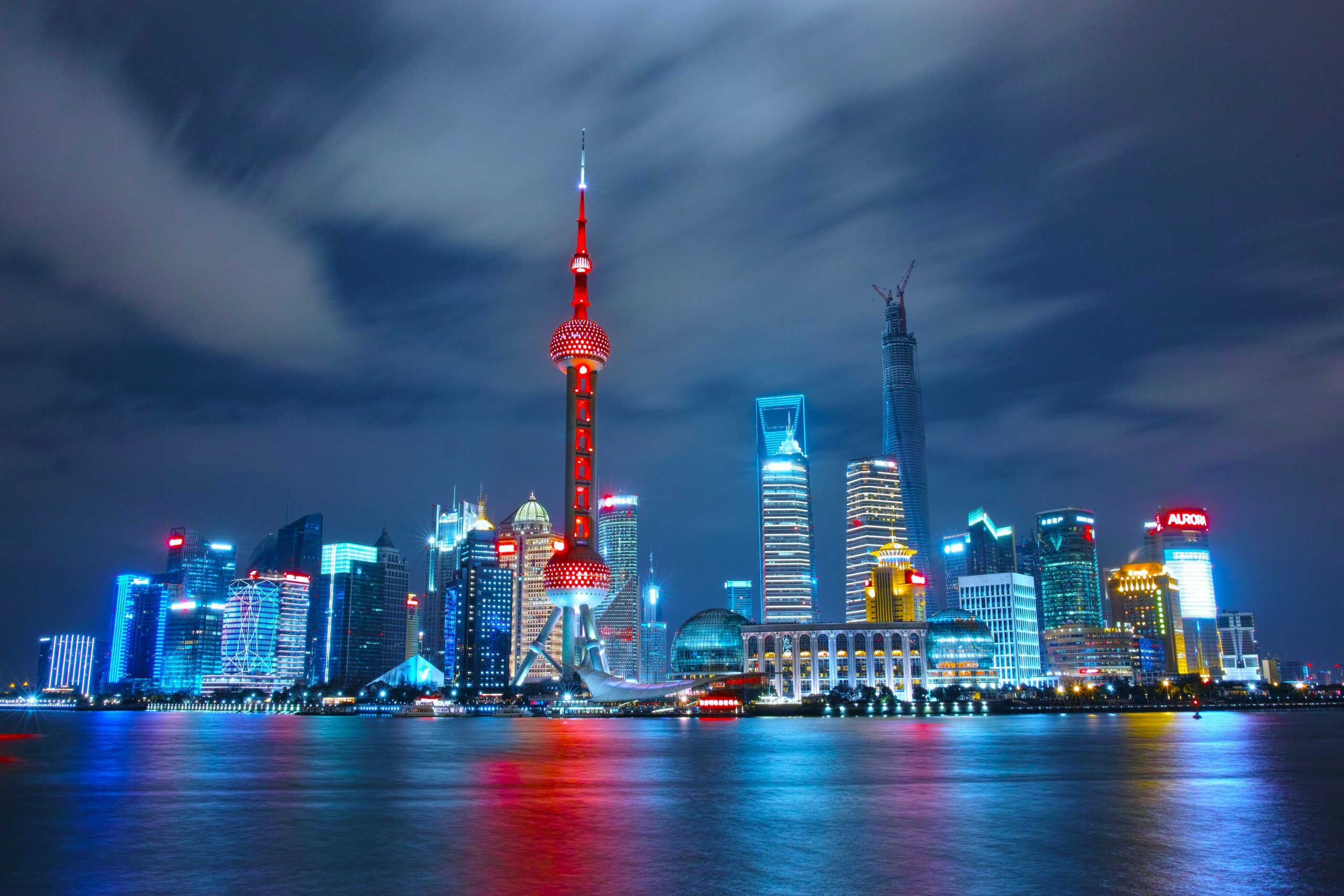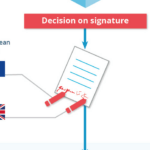Last March 16, the EU imposed anti-subsidy duties on imports of stainless steel cold-rolled flat products originating in Indonesia and also India. With Indonesia at the forefront, the EU is countering the highly trade-distorting export restrictions on key raw materials — linked also to Chinese financing.
Additionally, the EU is taking action against preferential financing provided by China to Indonesia, as part of a complex subsidy arrangement designed for export to the EU. Without this remedial action, the EU’s ability to produce stainless steel cold-rolled flat products essential for construction, energy equipment, infrastructure, consumer goods, and vehicles would be in jeopardy.
Valdis Dombrovskis, Commission Executive Vice-President, responsible for trade said: “Today we are taking action to counter unfair state-sponsored subsidies in Indonesia and also India that directly hurt our workers and companies in this vital industrial sector. This is a flagship case, because in this investigation we are also addressing complex Chinese transnational subsidy schemes with third countries that directly threaten our industry. Subsidies involving export restrictions are among the most distortive because they massively bring down the cost of raw materials in the exporting country—and directly undermine fair competition with EU companies. This calls for our robust response to level the playing field, in line with WTO rules.” *
While WTO members have the right to develop their steel industry and exploit their raw materials reserves, they cannot do so in contravention of international trade rules. The measures imposed on stainless steel cold-rolled flat products from India and Indonesia today underscore the EU’s determination to use trade defence instruments to their fullest extent to capture and counter new forms of trade distortive practices. The anti-subsidy duties have been set at 7.5% for India and 21% for Indonesia. They come on top of anti-dumping duties imposed in November 2021, which range between 13.9% and 35.3% for India, and between 10.2% and 20.2% for Indonesia. Combined, these duties bring the level of protection for the EU steel industry to above 40%, thereby countering the unfair advantage that these trade distortive practices give to the imported steel products from Indonesia and India.
Source: European Commission







Leave a Reply